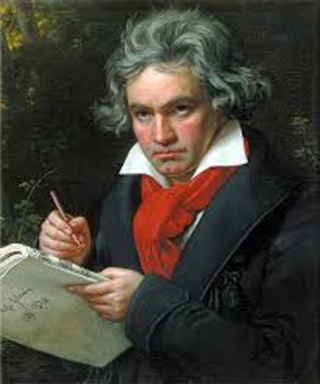6/28/2024 Personal Thoughts about Composers and Their Works - Haydn
- Takeaki Iida

- Jun 28, 2024
- 2 min read
Updated: Jun 30, 2024
Chapter 14 Franz Joseph Haydn
(1732 ~ 1809, died at 77)
Haydn was Born in Rohrau, Austria. His father was a wheelwright who loved music. Haydn was the eldest of 12 siblings, and had a talent for music. At age 6, he was taken in by his uncle-in-law and educated. At age 8, he was accepted into the choir of St. Stephen's Church in Vienna, but left at age 17 due to his voice changing. At age 27, he got a job as the music director for Count Morzin in Bohemia, and began composing. The following year, he married Maria, the daughter of a Viennese wig maker, but she became a rare bad wife and tormented Haydn for the rest of his life. At the age of 29, he arrived in Eisenstadt as vice-director of the orchestra for Prince Esterházy, who was enthusiastic about art, and at the age of 34, Haydn became the director of the orchestra, a position he held for the next 25 years, during which he composed many works.
Haydn was the most important composer during the formative period of classical music, leaving behind many excellent works in absolute music in sonata form, such as symphonies and string quartets, and built the foundations of the Viennese classical period, which reached its zenith when it was passed down to Mozart and Beethoven.
I thought that I had not had many opportunities to listen to Haydn's music in recent years, but when I listened to his music in order on the media I had, I surprisingly found that I had listened to it quite a lot. When I was young, I listened to a lot of symphonies by Haydn, but there were many melodies that stuck in my mind, and that was my impression after listening to them again this time.
Symphony No. 96 (The Miracle), Symphony No. 100 (Military), and Symphony No. 101 (The Clock) were all mature masterpieces that Haydn composed during his second visit to London (No. 98 to No. 104).
All of the string quartets are also masterpieces, and among No. 75, No. 76 (Quinten), No. 77 (Kaiser) and No. 78 (The Sunrise), No. 77 (Kaiser) left a strong impression with its beautiful melody based on the Austrian national anthem "God save Francis the Emperor" (now the German national anthem).
Large-scale oratorio "The Creation", I only listened to one piece this time, but I thought it was a very beautiful piece, so I would like to listen to the whole piece again in the near future. However, Handel's oratorios are said to have been Haydn's model, so I definitely intend to listen to more of Handel's oratorios.
For your reference, I have compiled the list of works by composers that I listened to again in recording my impressions this time in the table below.
.png)






Comments